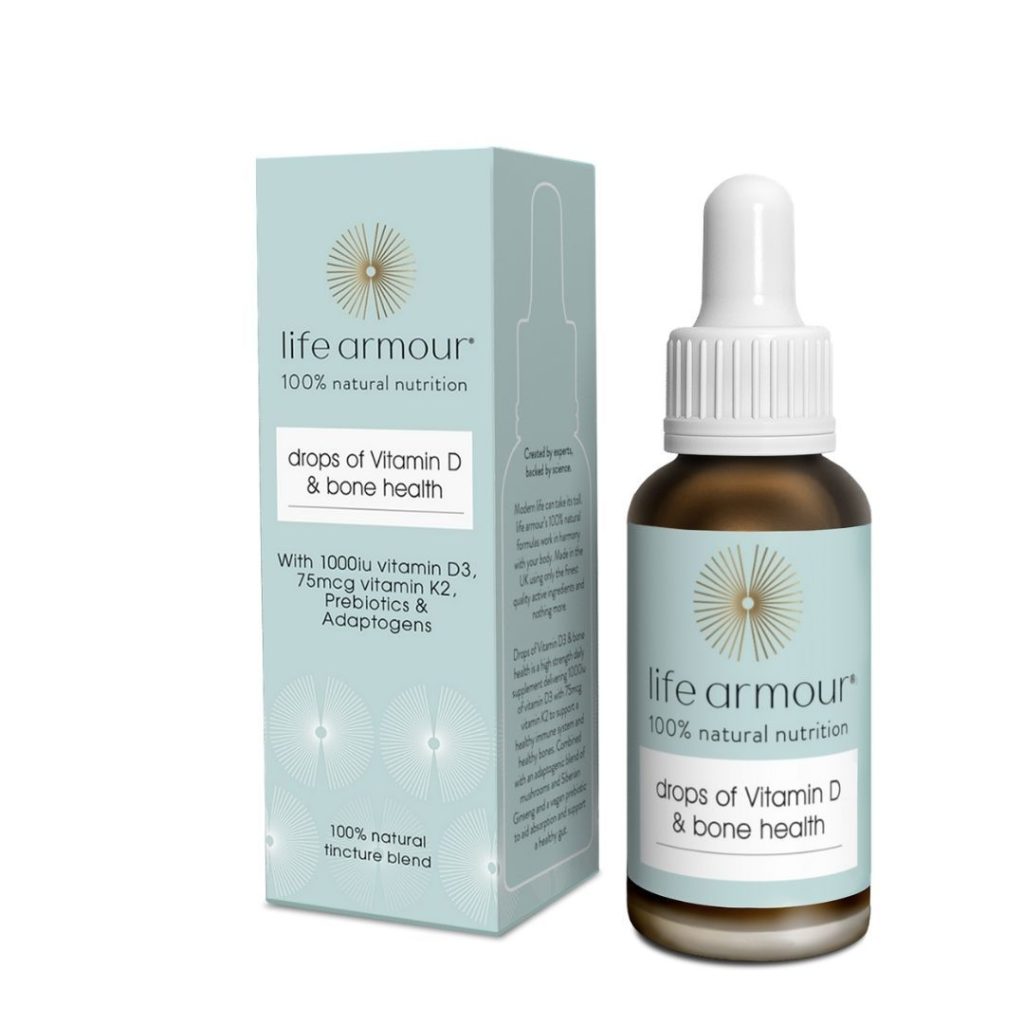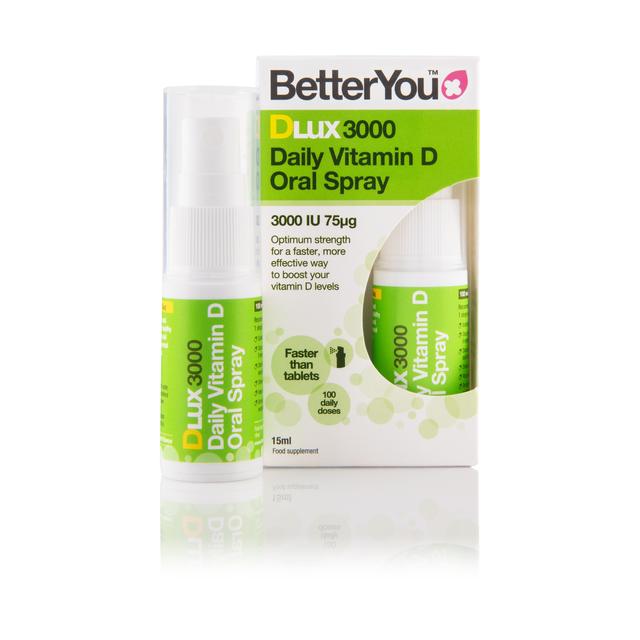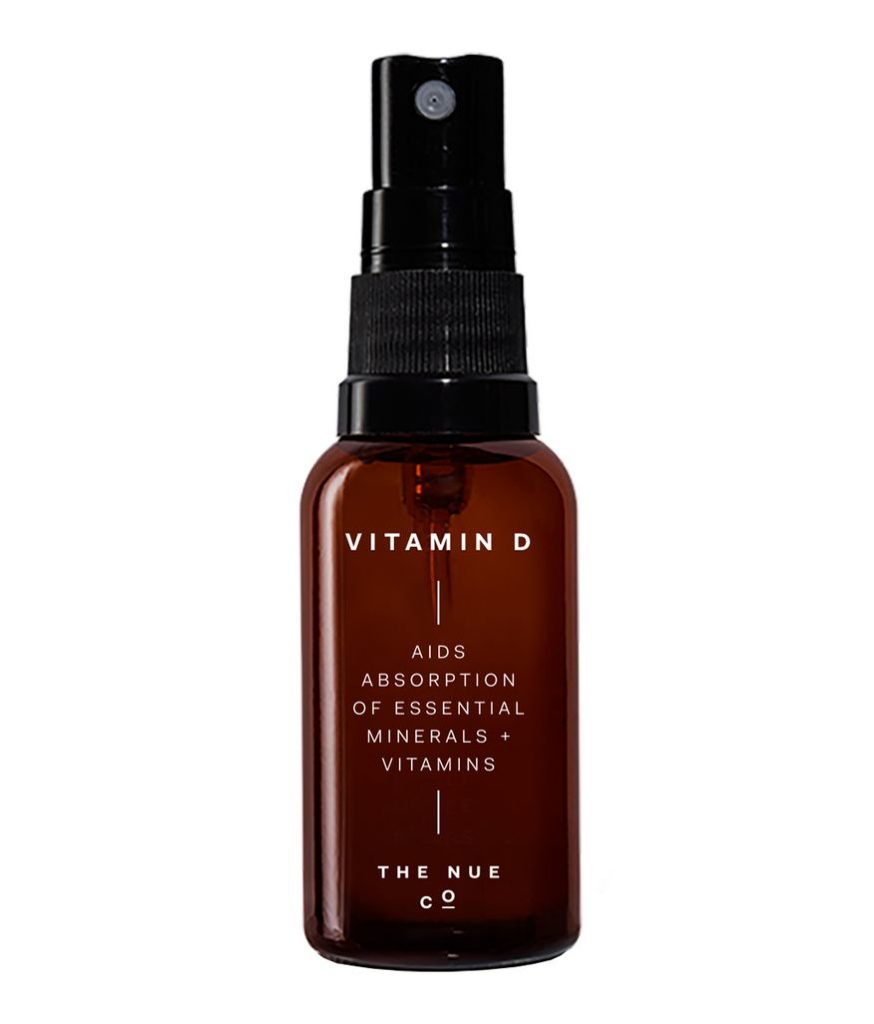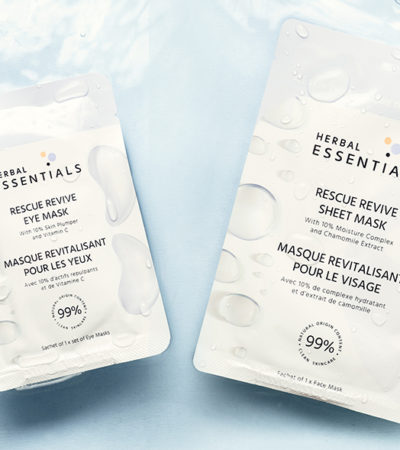What vitamin deficiency affects over half our population, is rarely diagnosed, has connections to many cancers, high blood pressure, heart disease, diabetes, depression, fibromyalgia, chronic muscle pain, bone loss and autoimmune diseases like multiple sclerosis? Vitamin D.
What is Vitamin D?
Heralded as the sunshine vitamin, Vitamin D is activated in our bodies through a photolytic response to sunlight and is also present in a small group of foods. Vitamin D is one of the key nutrients our bodies need to improve our moods and energy levels and for calcium absorption, in turn supporting bone and teeth health. The vitamin is also essential for maintaining a healthy immune system and all eyes are on this little supplement as we head into a challenging winter where COVID-19 is undoubtedly at the forefront of our worries.
Where is it found?
There are simple and effective ways to boost vitamin D without the need for an emergency retreat to an exotic location. If your sunlight hours are limited, try and get outside in the sunshine little and often every day as 1 hour of total sun exposure per week is advised by doctors. Whether or not that’s with your skin covered by an SPF sunscreen remains the subject of great debate!
Oily fish like salmon, mackerel and sardines are a great natural source of vitamin D, with one 100g salmon fillet containing a day’s adequate intake of the vitamin for under 70-year-olds. Small amounts are also found in eggs, beef liver and fortified foods like cereal and milk. As a fat-soluble soluble nutrient, Vitamin D is more effectively absorbed by the body when taken with fatty foods…Hello, avocado toast with salmon.
If you’re following a plant-based diet or finding you’re not getting enough Vitamin D from food or sunlight sources, there are lots of effective supplements on the market. Always look for a supplement that provides the D3 compound rather than D2, as this is the form of vitamin D that is synthesized by humans in the skin and is more effective. We recommend BetterYou D Lux 3000, a daily vitamin D3 oral spray. The formula is micro emulsified for optimal absorption and features 100 individual doses of 3000iu (international units), 2000-3000 iu is recommended per day.
Do I have a deficiency?
Statistics say that over 50% of the UK population is Vitamin D deficient. Sunshine (or lack thereof) has a significant part to play in this but eating enough vitamin D rich foods and/or taking a supplement will be enough to reduce this but always consult your doctor and have a blood test to see how your levels are faring!
Deficiencies do not just manifest in symptoms like tiredness, and brittle nails, they can have more destructive long-term health impacts such as an increased risk of developing osteoporosis, increased risk of death from cardiovascular disease, cognitive impairment in older adults and severe asthma in children. Studies have also linked diagnoses of several types of cancer with low Vitamin D levels.
Are supplements only necessary in Winter?
You may associate Vitamin D with winter weather. However, Vitamin D intake is important year-round, especially at the moment with many studies showing it can reduce the severity of COVID-19 symptoms, especially in older patients. It’s also proving to be an important supplement for those with darker skin tones as melanin-rich skin has been shown to inhibit the production of Vitamin D. In normal circumstances, sun-filled days are not always certain in the UK at least but also because it can take 6 – 10 months to heal a deficiency and return our bodies to their optimum Vitamin D levels. Making a long-term commitment to the sunshine vitamin is important.
Fun Vitamin D facts.
Despite their less-than-sunny weather, Eskimo populations are known to have high Vitamin D levels. We put this down to the fresh oily fish in their diet. Lucky!

















